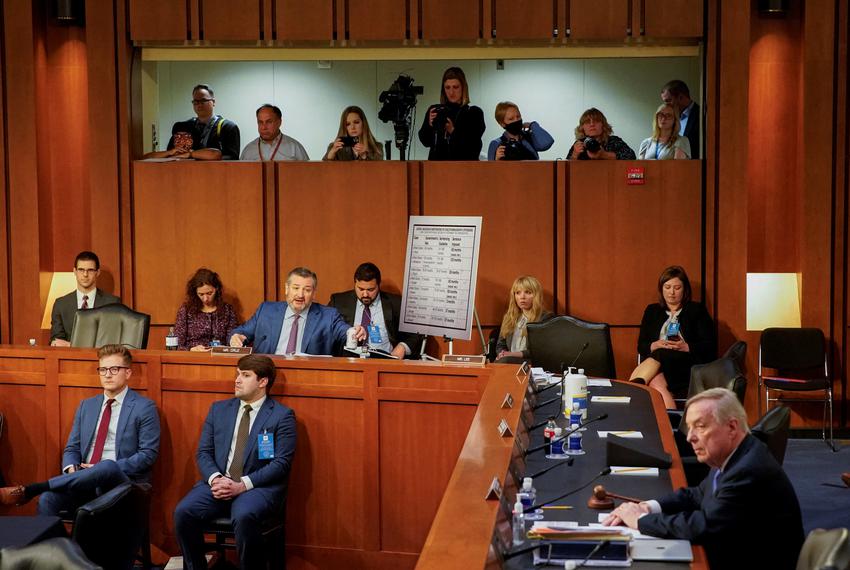Proposed Updates to the Senate Judiciary Questionnaire
 Every federal judicial nominee, both for SCOTUS and for the lower courts, is required to submit answers to a written questionnaire ahead of their confirmation hearing.
Every federal judicial nominee, both for SCOTUS and for the lower courts, is required to submit answers to a written questionnaire ahead of their confirmation hearing.
Unfortunately, the questionnaire has gotten a little stale over the years, so today Fix the Court (which otherwise stays out of the nomination process) sent the following six questions to the Senate Judiciary Committee with the request to include them in future questionnaires.
We believe these questions would save valuable hearing time and would demonstrate a nominee’s openness to diverse viewpoints.
1. Please provide a list of all your personal social media handles – including Facebook, Twitter and Instagram – on which you’ve posted in the last 10 years and a list of blogs, news websites and news aggregation and discussion websites on which you’ve posted in the last 10 years.
2. In 2009, Chief Justice Roberts was asked why all of the justices on the Supreme Court hailed from exclusive law schools. He replied, “Not all justices went to elite institutions; some of them went to Yale.” Though humorous, this underscores the all-too-common, and all-too-accurate, view that the judiciary comprises and caters to elites who live cloistered existences. If confirmed, how would you strive to serve the larger public?
3. In the last four years, no Democratic-appointed judges presented at the annual Federalist Society convention, and only one Republican-appointed judge presented at the annual American Constitution Society convention.
A. If confirmed, and invited, would you attend either or both of these events?
B. Do you believe that federal judges should hold leadership positions in organizations like these that the public perceives to be partisan?
4. Several outside groups are supporting, or are likely to support, your confirmation, and others are opposing it. Would your interpretation of the federal recusal statutes require your disqualification from any cases or petitions involving these groups and their funders should you be confirmed? If so, for how many years post-confirmation would disqualification be advisable?
5. Was Brown v. Board of Education, 347 U.S. 483 (1954), correctly decided?
6. As of Jan. 2023, the U.S. Supreme Court and all 13 U.S. courts of appeals are livestreaming oral argument audio to the public. As a general rule, do you support livestreaming of appellate hearings? Why or why not?